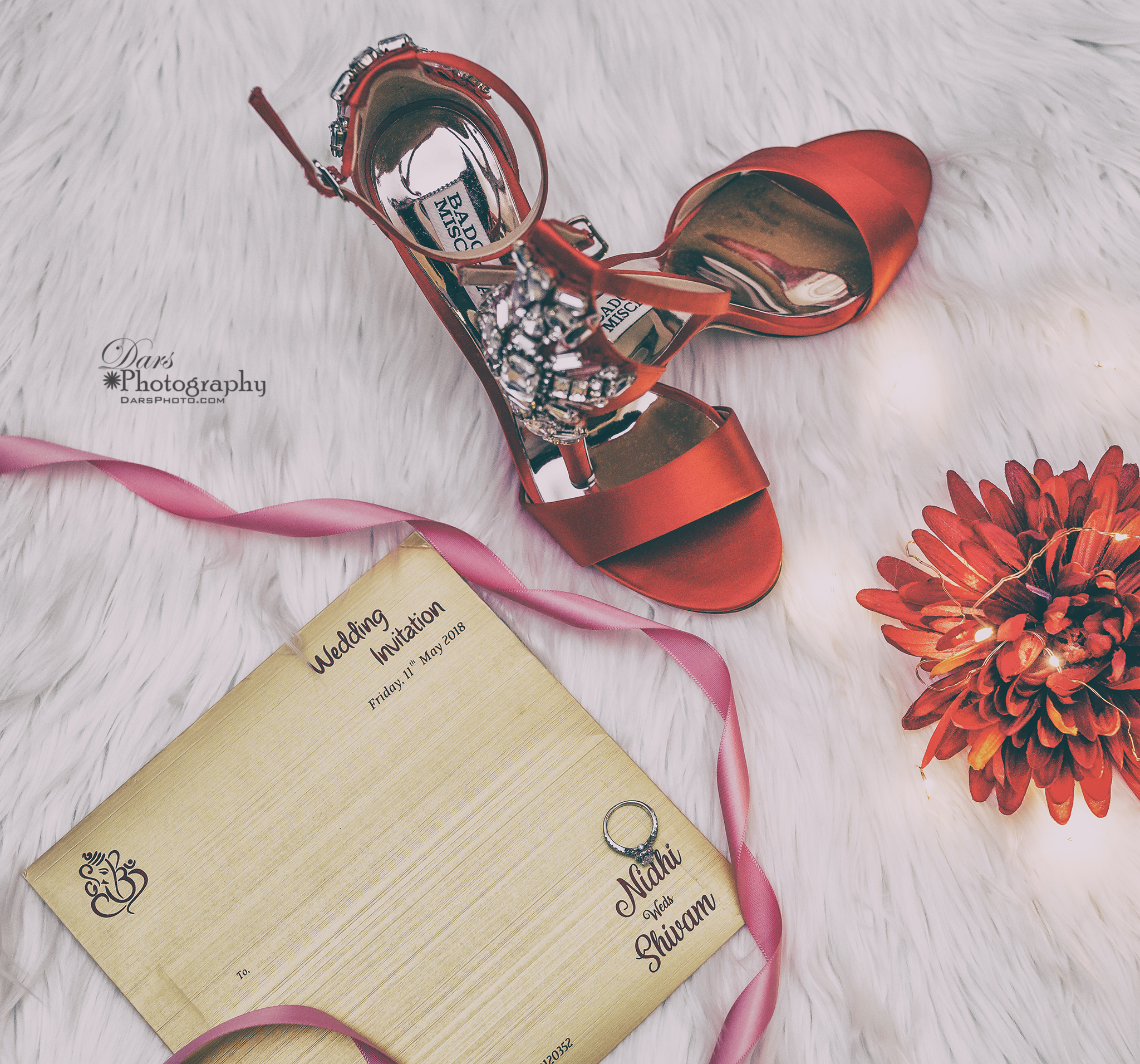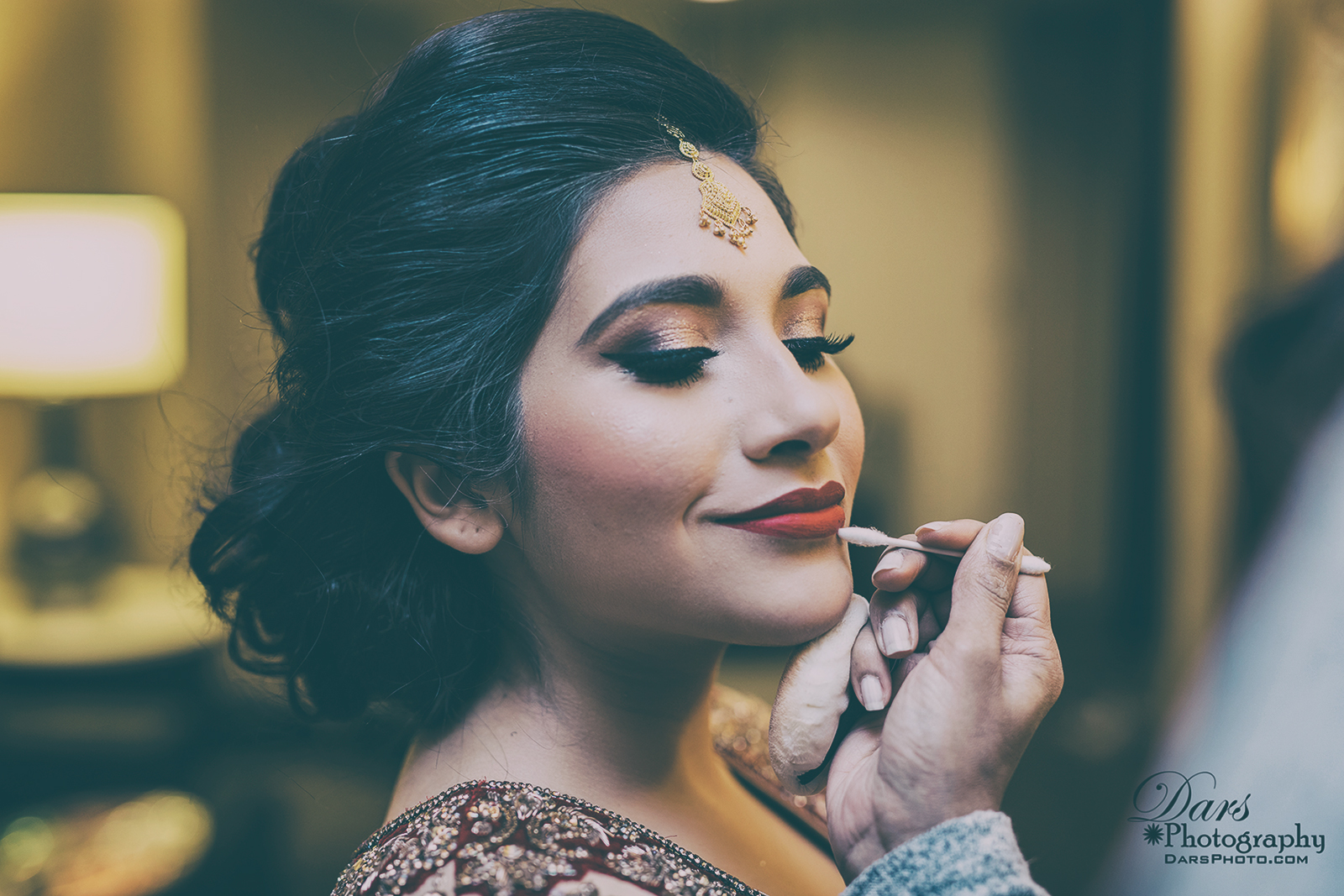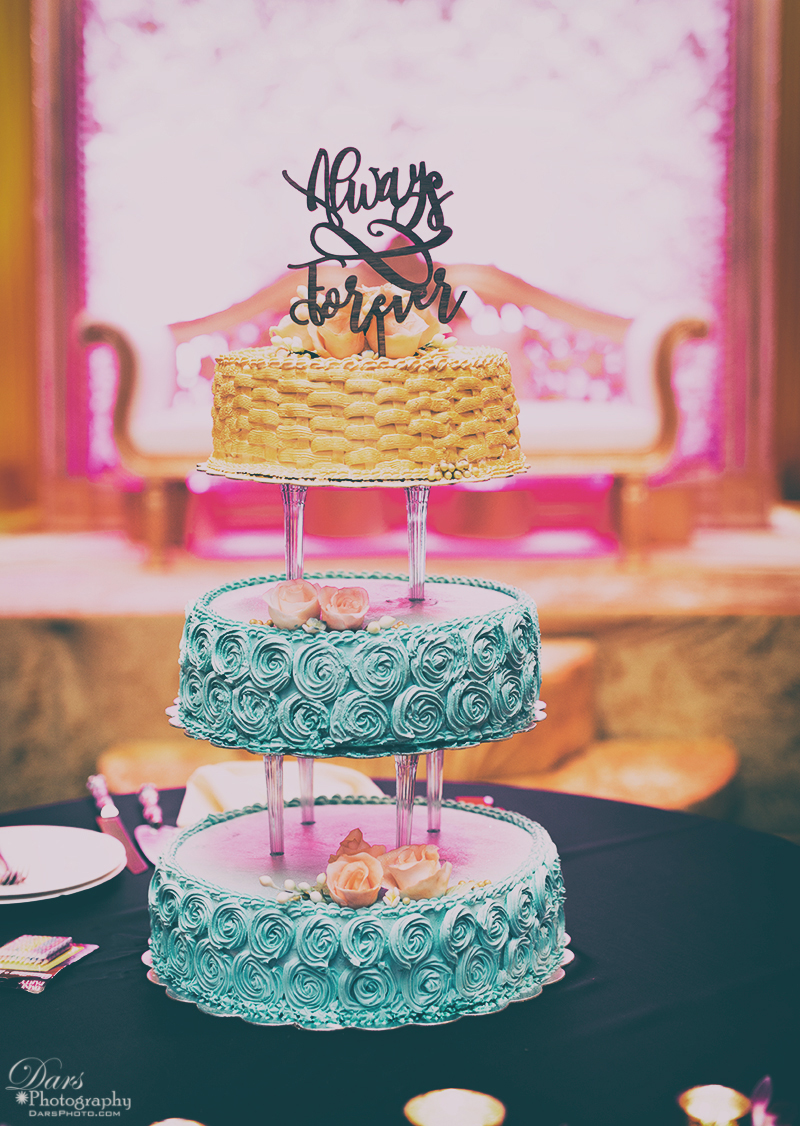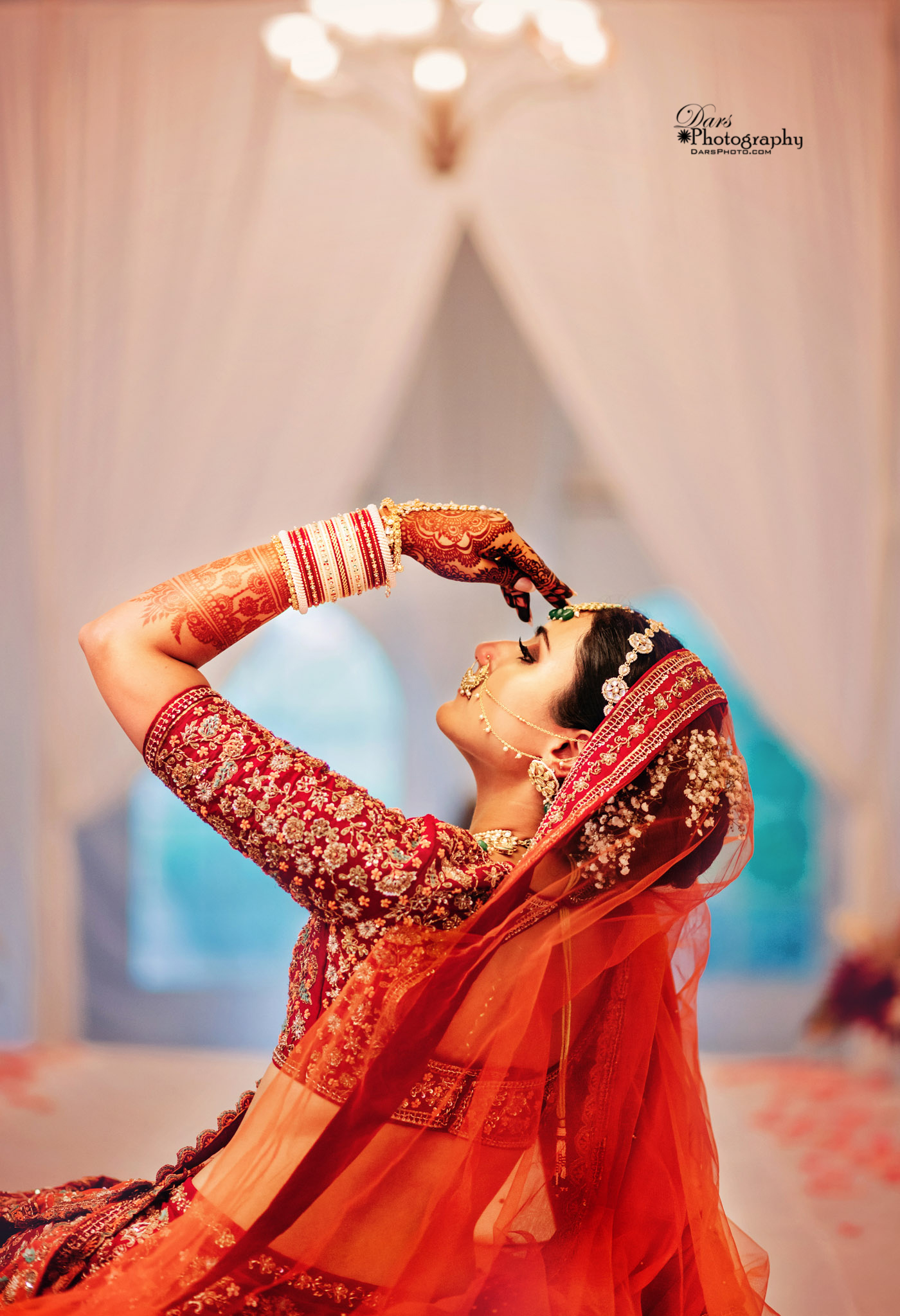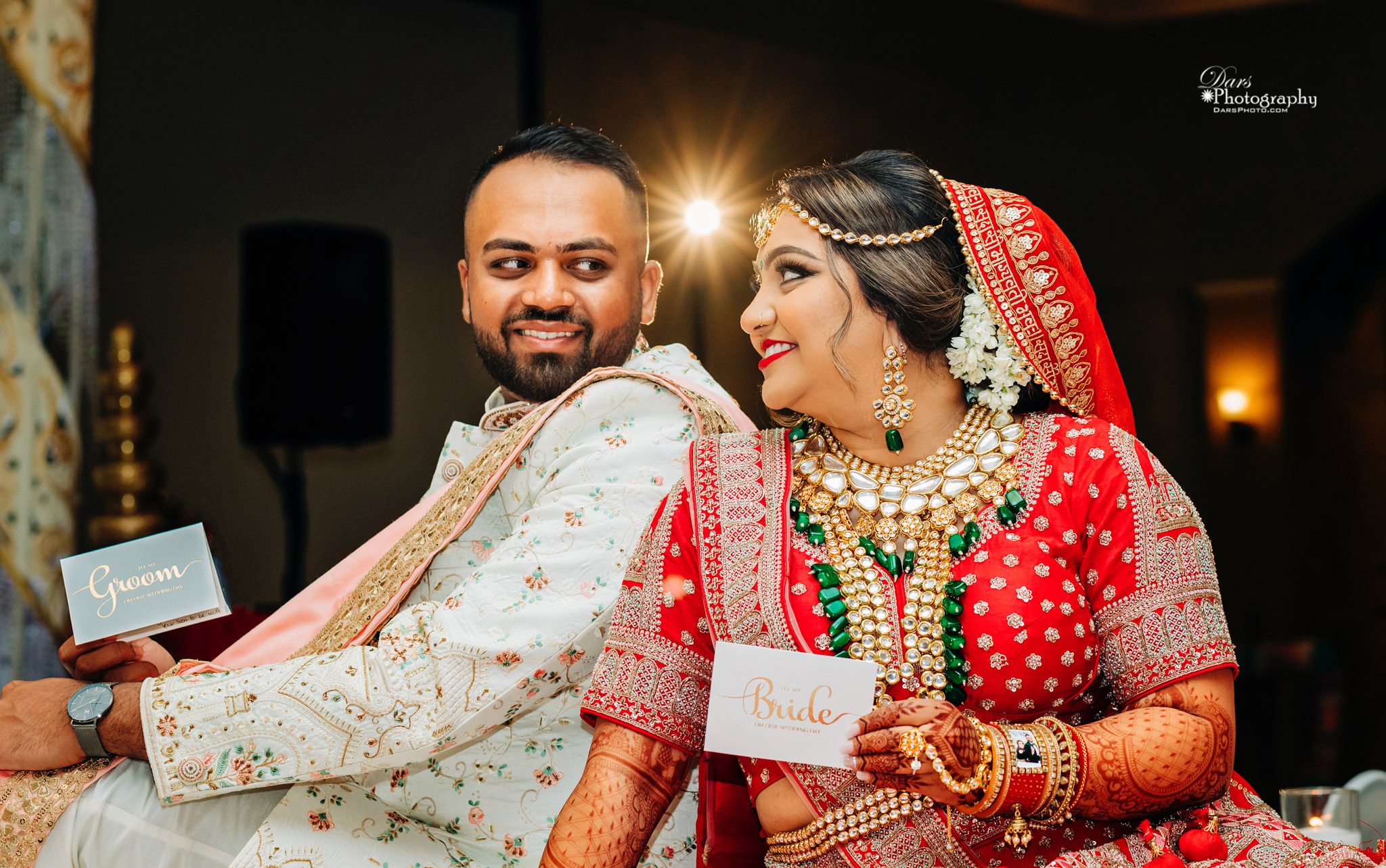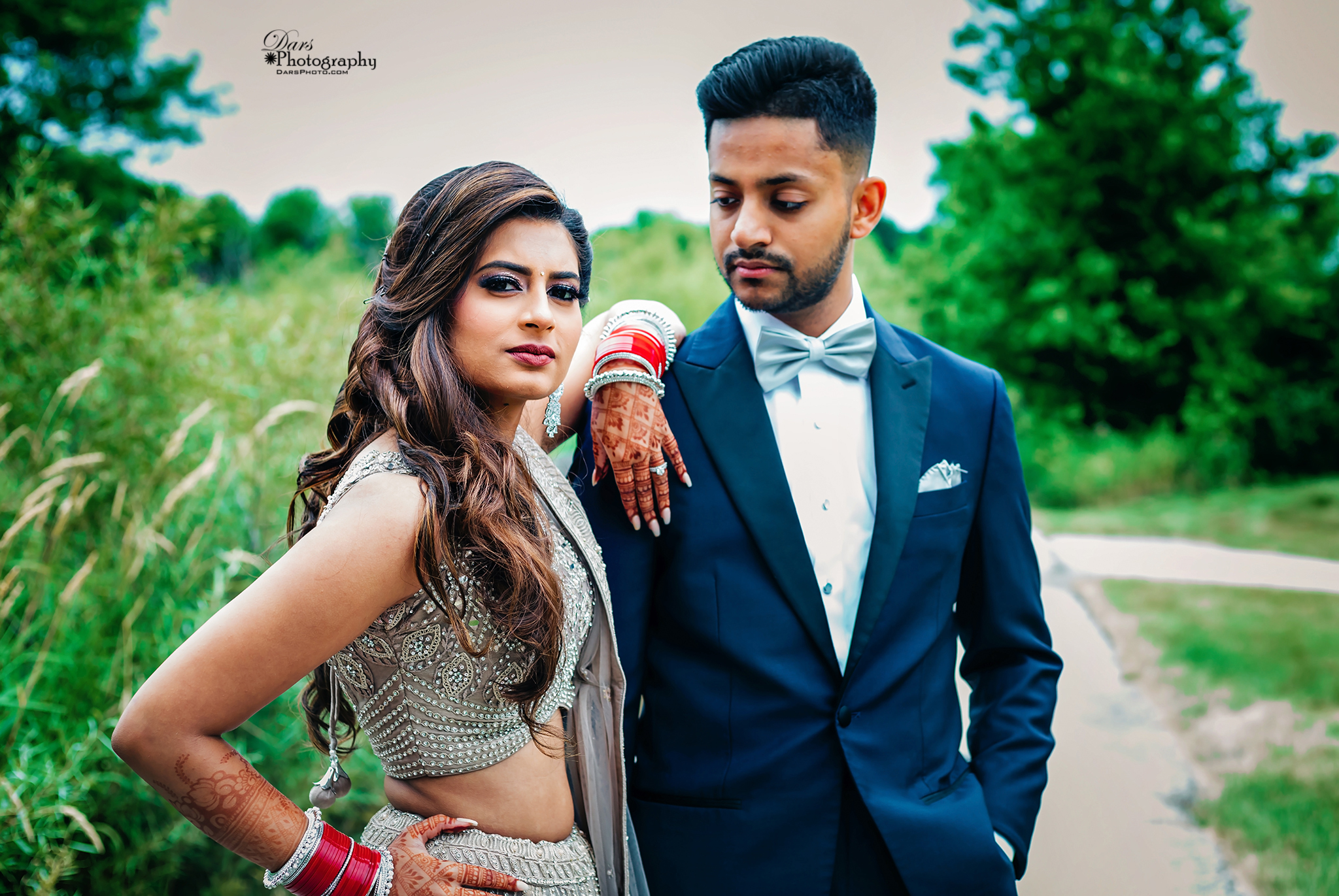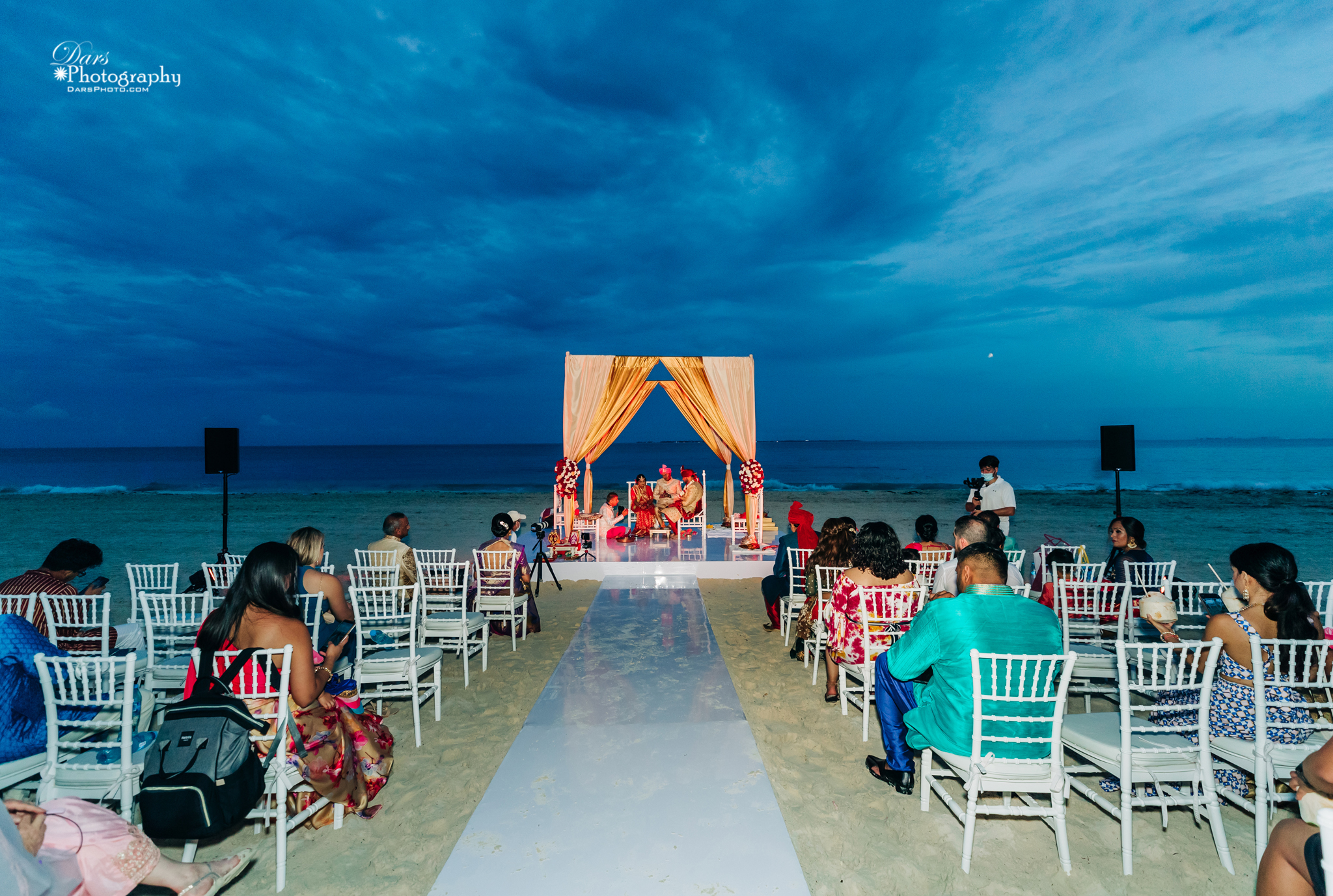Wedding Etiquette: Offering Advice on Wedding Etiquette, Such as Addressing Invitations, Thanking Guests, and Handling Difficult Situations, a Useful Resource for Couples Getting Married
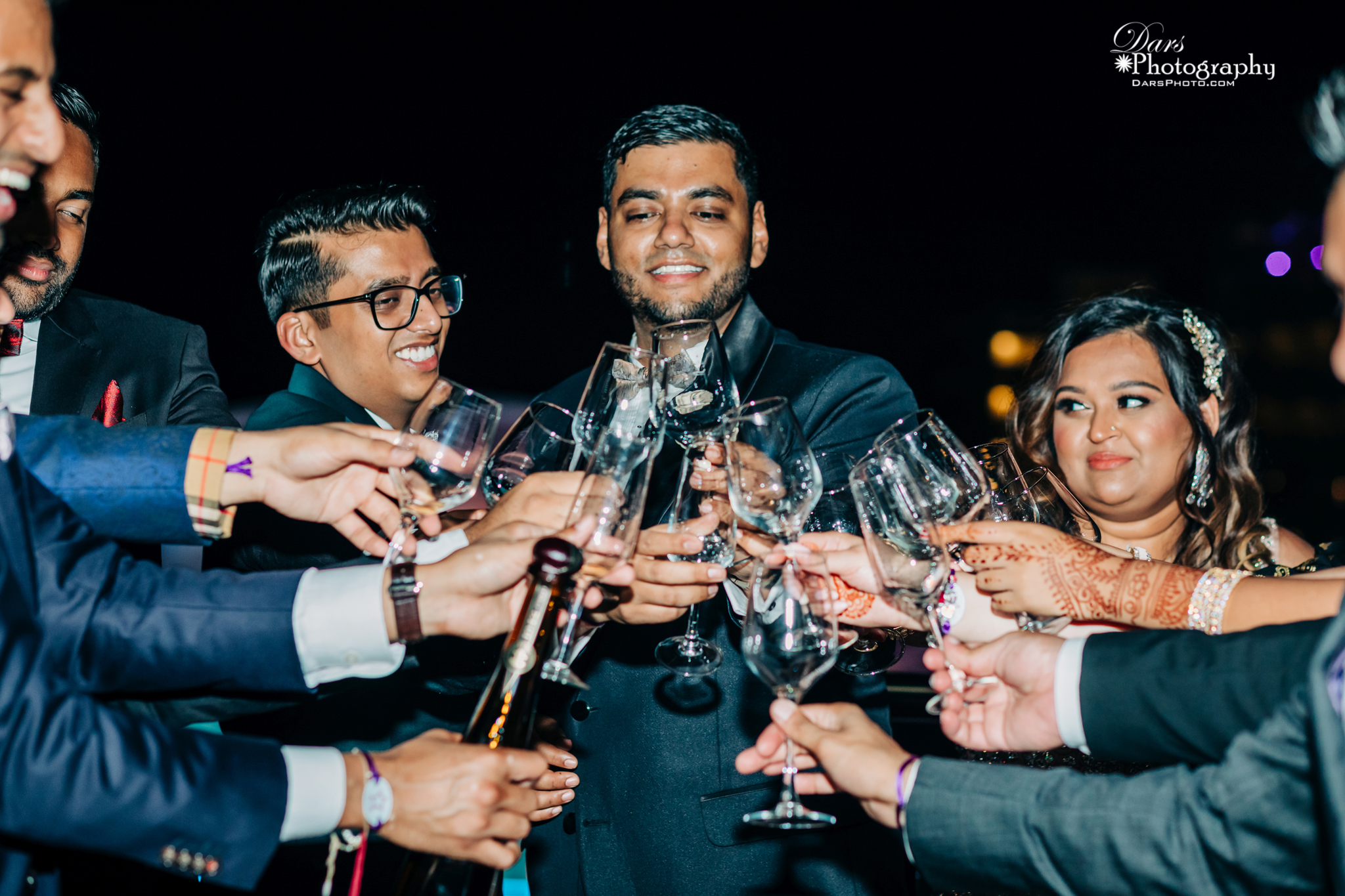
Wedding etiquette is an important consideration for couples as they plan and execute their big day. From addressing invitations to thanking guests, there are many details to consider in order to ensure that everything goes smoothly and all of your guests feel welcomed and appreciated.
One aspect of wedding etiquette that is often a source of confusion for couples is how to address invitations. There are a few key things to keep in mind when addressing invitations:
-
If the invitation is being sent to a married couple, the proper way to address it is to use both names, with the woman’s name listed first. For example: “Mr. and Mrs. John Smith.” If the couple is not married, but living together, it is appropriate to use both names, with the man’s name listed first. For example: “Mr. John Smith and Ms. Jane Doe.”
-
If the invitation is being sent to a family with children, it is appropriate to list the names of the children on the invitation. For example: “Mr. and Mrs. John Smith and children.”
-
If the invitation is being sent to a single person, it is appropriate to use their full name, preceded by “Miss,” “Ms.,” or “Mr.” For example: “Miss Jane Doe.”
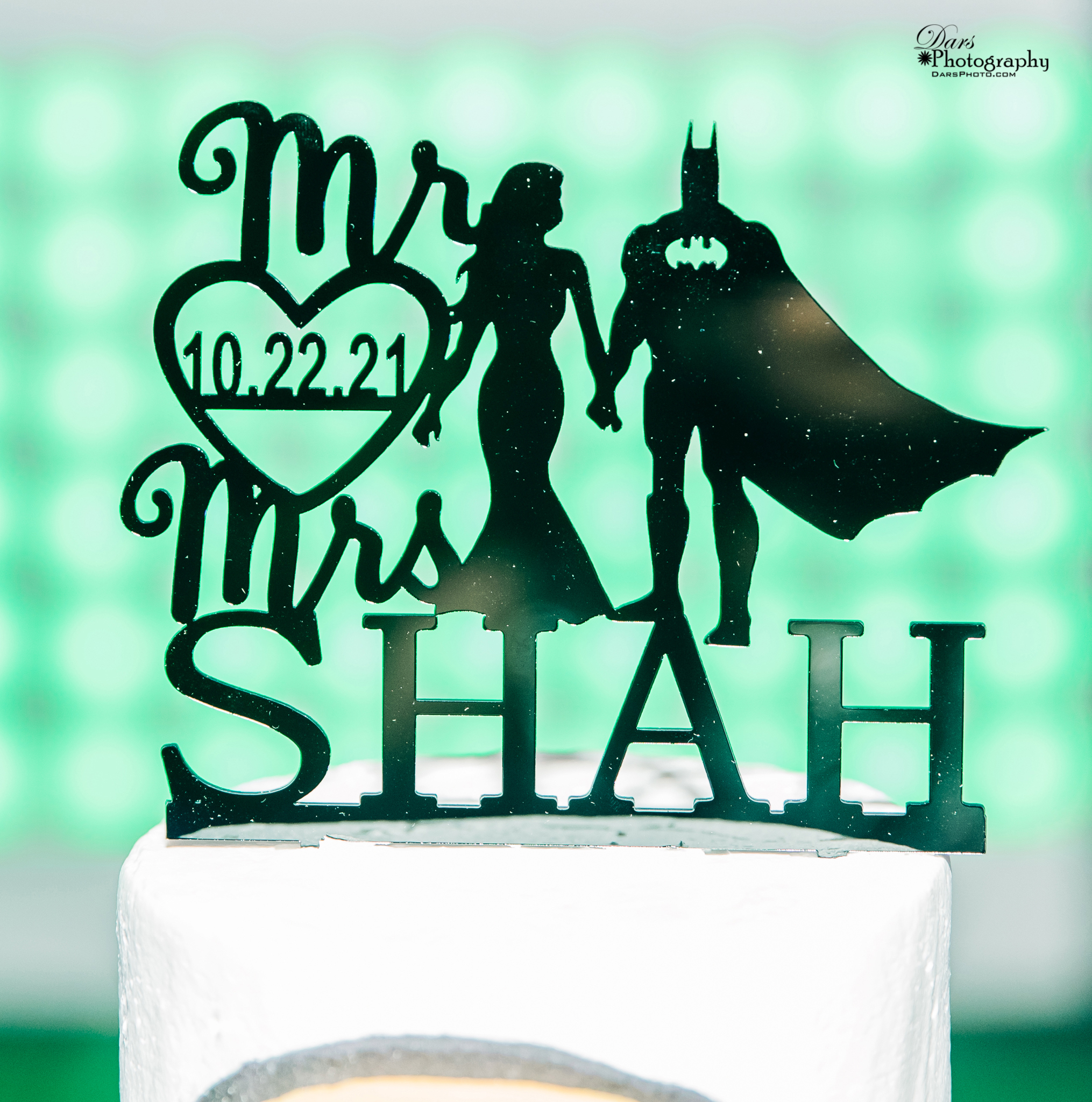
Another important aspect of wedding etiquette is thanking guests for their attendance and gifts. It is customary to send thank-you notes to all guests who attended the wedding and to those who sent gifts, regardless of whether or not they were able to attend. Thank-you notes should be sent as soon as possible after the wedding, and should include a personal message expressing appreciation for the gift or attendance.
In addition to addressing invitations and thanking guests, there are many other potential etiquette issues that may arise during the planning and execution of a wedding. For example, couples may need to navigate the delicate task of creating a guest list, or deal with last-minute changes or unexpected issues on the big day.
One way to handle these types of situations is to have a plan in place ahead of time. This could include creating a timeline of tasks to complete, making contingency plans for potential issues, and having a clear idea of what you want your wedding to look and feel like. It can also be helpful to enlist the help of a wedding planner or coordinator, who can help you navigate any potential etiquette issues and ensure that everything goes smoothly.
In addition to the traditional wedding etiquette considerations outlined above, there are also a few more modern issues that couples may need to address as they plan their big day. For example:
-
Social media: With the proliferation of social media, it is becoming increasingly common for couples to use platforms like Instagram and Facebook to share updates and photos related to their wedding. However, it is important to be mindful of the privacy of your guests, and to make sure that you have their permission before sharing any photos or information about them online.
-
Children at the wedding: Couples may need to decide whether or not to allow children at their wedding, and if so, how to accommodate them. Options could include providing a separate space for children to play or hiring a babysitter to watch them during the ceremony and reception.
-
Cultural traditions: If one or both members of the couple come from different cultural backgrounds, there may be certain traditions or customs that need to be taken into consideration as part of the wedding. For example, some cultures may have specific dress codes, gift-giving customs, or rituals that need to be honored.
-
Destination weddings: For couples planning a destination wedding, there are a few additional etiquette considerations to keep in mind. For example, it is important to provide clear and detailed information to guests about travel and accommodations, and to be understanding if some guests are unable to attend due to the distance or cost.
-
Gifts: While it is traditional to send thank-you notes to guests who have given gifts, couples may also want to consider offering alternative gifting options. For example, some couples may prefer to create a charitable donation registry, where guests can make a contribution to a specific cause in lieu of a physical gift. Others may choose to provide a list of items or experiences that they would like to receive, rather than a traditional registry of household items.
-
Seating arrangements: Instead of the traditional seating chart with assigned tables and chairs, some couples are opting for more flexible seating arrangements, such as a lounge area or long farm tables. This can help to create a more casual and relaxed atmosphere, and may allow guests to sit with whoever they choose rather than being restricted to a specific table.
-
Unplugged ceremonies: In an age where everyone is constantly connected to their devices, some couples are choosing to have “unplugged” ceremonies, where they request that guests leave their phones and cameras at home or turned off during the ceremony. This can help to create a more intimate and present atmosphere, and may also help to prevent disruptions or distractions during the ceremony.
-
Creative ceremony locations: While churches and banquet halls are still popular ceremony locations, some couples are opting for more unique venues, such as outdoor locations, museums, or even private homes. These types of locations can add a personal touch and help to make the wedding feel more meaningful and special.
-
Personal vows: Instead of using traditional wedding vows, some couples are choosing to write their own personal vows, which can be a beautiful and meaningful way to express their love and commitment to one another.
-
Involving children in the wedding: If you have children, you may want to consider finding ways to include them in the wedding ceremony and reception. This could include assigning them roles such as flower girls, ring bearers, or junior bridesmaids, or simply involving them in the planning process.
-
Dressing the wedding party: When choosing attire for the wedding party, it is important to consider the comfort and style preferences of your bridesmaids and groomsmen. You may want to offer a few options for them to choose from, or allow them to select their own attire within certain guidelines.
-
Destination wedding considerations: If you are planning a destination wedding, it is important to consider the logistics of travel for your guests. This could include offering a group rate at a nearby hotel, providing transportation to and from the airport, or arranging group activities for your guests to enjoy while they are in town.
-
Incorporating cultural traditions: If you or your partner come from a different cultural background, you may want to consider incorporating certain traditions or customs into your wedding. This could include things like wearing traditional attire, incorporating cultural music or food, or performing specific rituals.
-
Handling difficult guests: Unfortunately, not all of your guests may be easy to please. If you have a guest who is causing problems or causing stress, it can be helpful to have a plan in place to handle the situation. This could include enlisting the help of a wedding planner or coordinator, or simply having a conversation with the guest to try to resolve any issues.

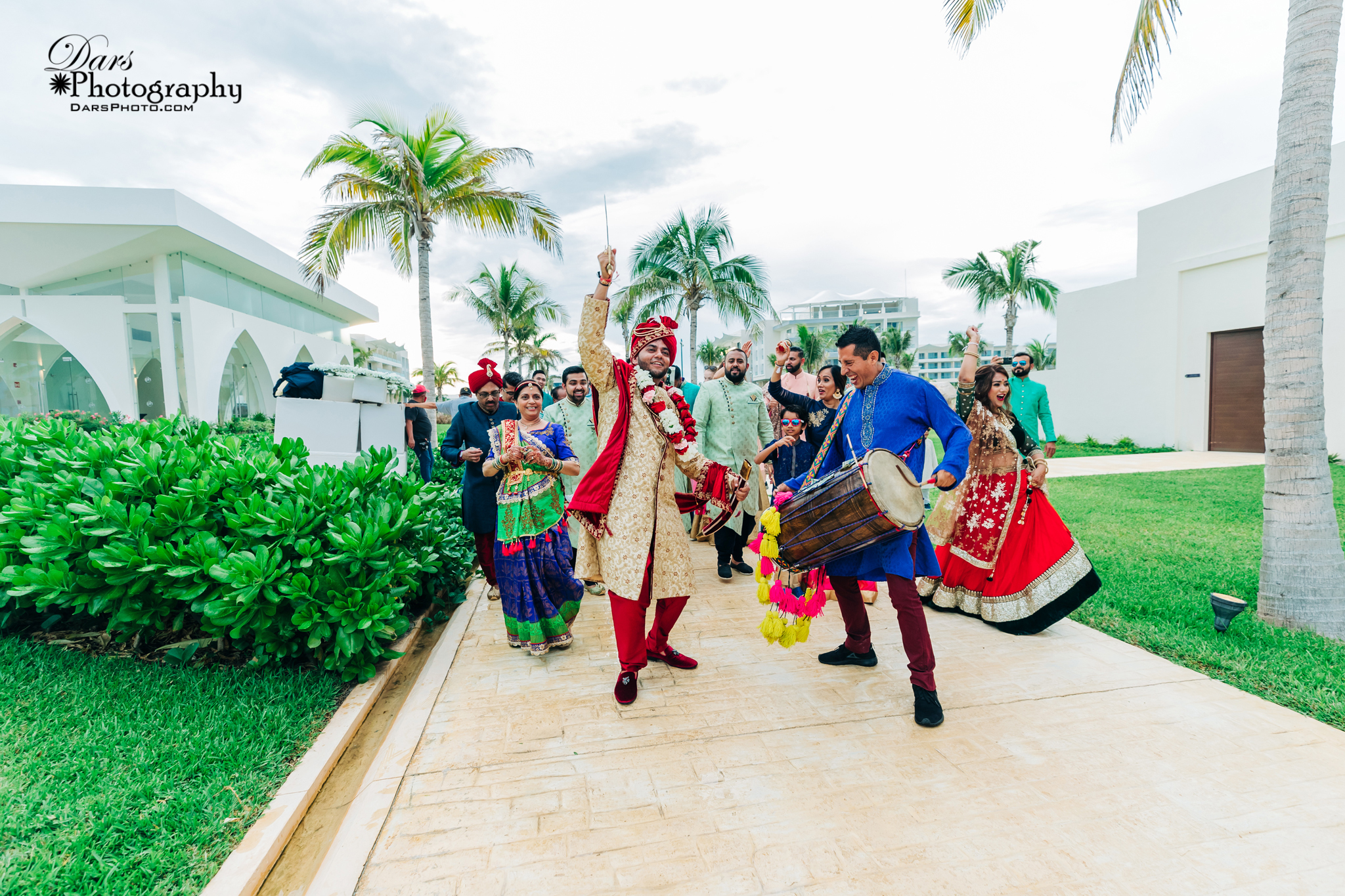
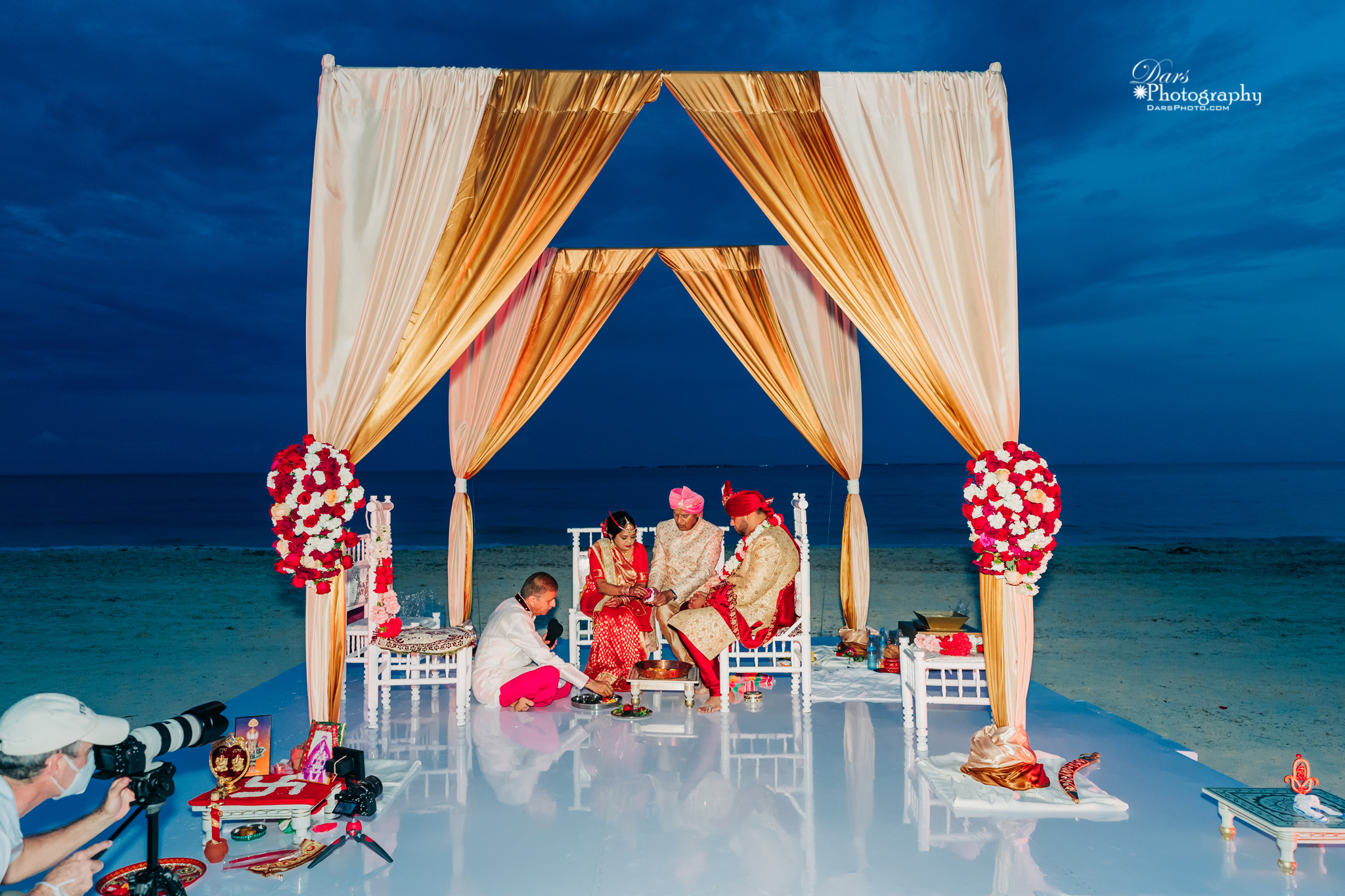
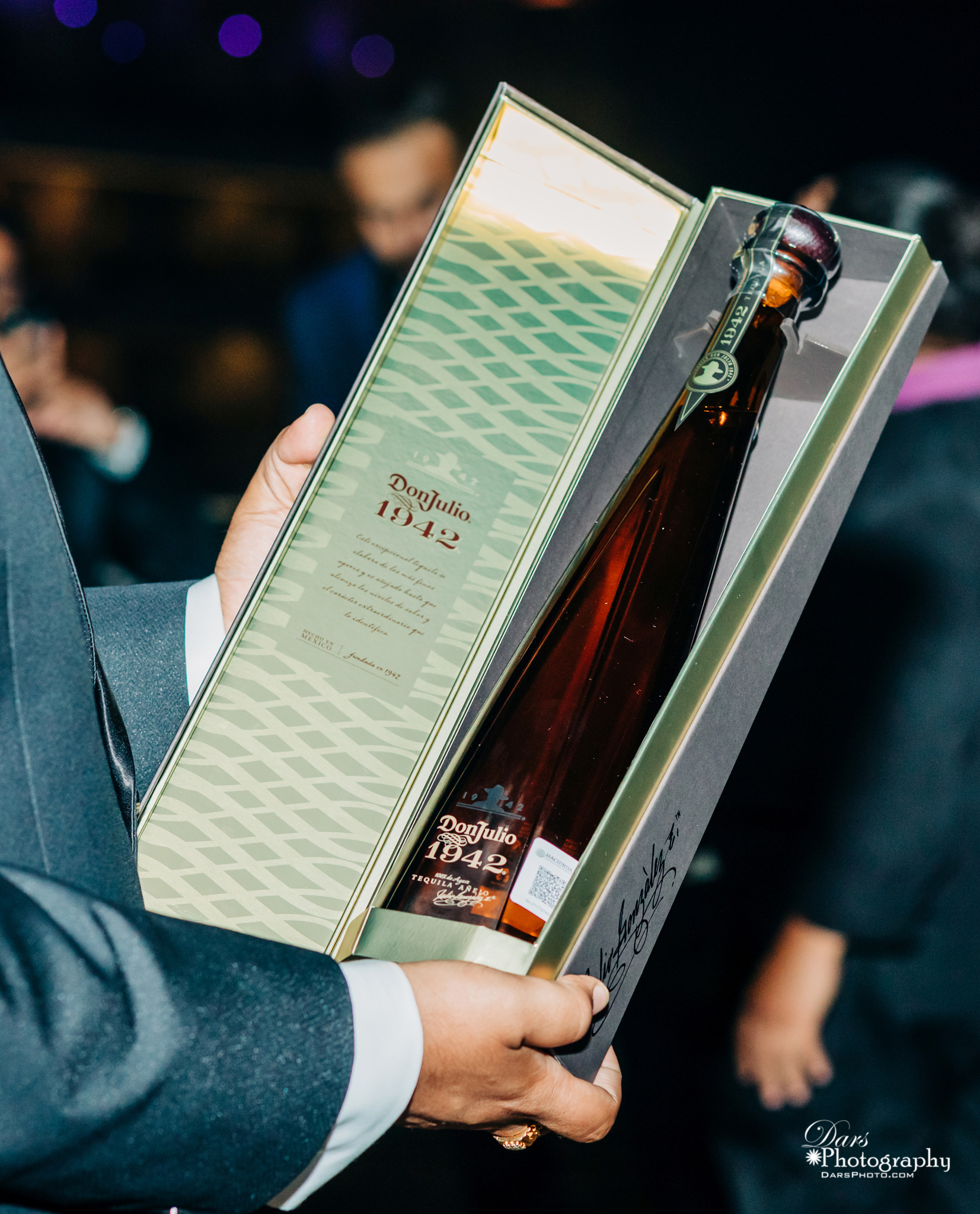
Overall, it is essential to be considerate of your guests and to be prepared for any potential issues that may arise while planning your wedding. By being open to new ideas, customs, and by communicating openly and being flexible and understanding, you can create a celebration that is truly memorable and enjoyable for all. Wedding etiquette is a crucial aspect of planning and executing a successful wedding, and covers details such as addressing invitations, thanking guests, creating a guest list, and dealing with last-minute changes and unexpected issues. Enlisting the help of a wedding planner or coordinator can also help couples navigate any potential etiquette issues and create a beautiful and unique celebration.
Back to The Wedding Blog
